Cameroon Court Rejects Election Challenges, Sets Monday for Official Results Amid Rising Protests
- by Editor
- Oct 22, 2025
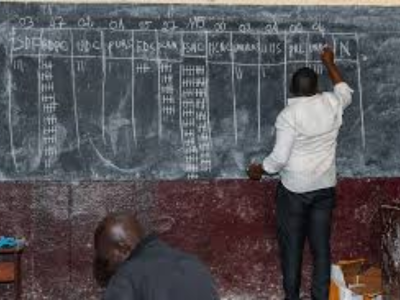
Credit:
Cameroon's Constitutional Council dismissed eight opposition petitions seeking to annul the October 12 presidential vote Wednesday, citing insufficient evidence of fraud, as street demonstrations swelled in major cities and security forces clashed with protesters in the north, heightening fears of broader unrest.
The rulings, delivered after hours of hearings, clear the path for the council to proclaim final results on Monday, October 27, at 11 a.m. local time—its decisions final and unappealable under the electoral code. Council President Clément Atangana emphasized the body's limited jurisdiction over polling irregularities, declaring some complaints inadmissible while others lacked substantiation for widespread ballot-stuffing or manipulation claims.
Opposition frontrunner Issa Tchiroma Bakary, 76, a ex-ruling party minister who defected in June, reiterated his self-declared victory based on independent tallies from 80% of polling stations, putting him at 54.8% to incumbent Paul Biya's 31.3%. "If the Constitutional Council proclaims falsified and truncated results, it will be complicit in a breach of trust," Tchiroma warned in a video address, urging supporters to "take their destiny into their own hands" if needed. He refused a reported behind-the-scenes offer of prime minister from Biya's camp, per Jeune Afrique, dismissing it as an attempt at "political neutralization."
Biya's allies in the Cameroon People's Democratic Movement (RDPC) branded Tchiroma's claims "illegal," insisting only the council holds authority. The 92-year-old leader, Africa's second-longest-serving president after Equatorial Guinea's Teodoro Obiang, seeks an eighth term after 43 years in power. He conducted just one rally before the vote and has stayed out of the spotlight since, amid health rumors and a low turnout estimated below 40%, exacerbated by boycotts in Anglophone regions mired in separatist strife since 2017.
Protests erupted in Yaoundé, Douala, and Garoua, with demonstrators decrying "electoral fraud" and waving opposition flags. In the north— Tchiroma's stronghold—clashes left at least one dead earlier this week, a young teacher shot during Tuesday's demonstrations, according to witnesses and local media.
Police deployed tear gas and banned motorcycle taxis in hotspots, while arson targeted RDPC offices last week. Rights groups like Amnesty International condemned the violence, and the Catholic Church appealed for judicial integrity to reflect voters' will.
The poll, pitting Biya against 11 rivals including fellow ex-ally Bello Bouba Maigari, drew limited international observers due to restrictions, who noted issues like delayed voter rolls and station closures. With unemployment over 13% and poverty hitting a third of Cameroon's 28 million people, plus ongoing Boko Haram threats in the Far North, analysts warn post-vote instability could deepen divisions.
The U.S. and EU have called for calm and transparency, but as Monday nears, the nation braces: Will Biya's grip hold, or will public fury force a reckoning?


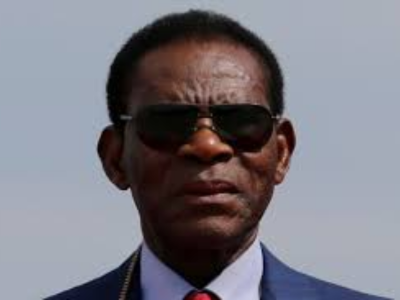
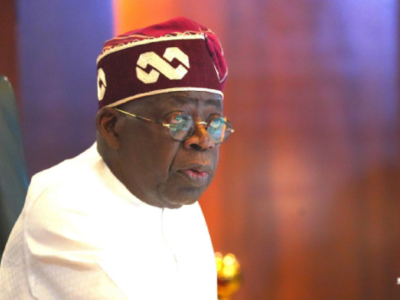
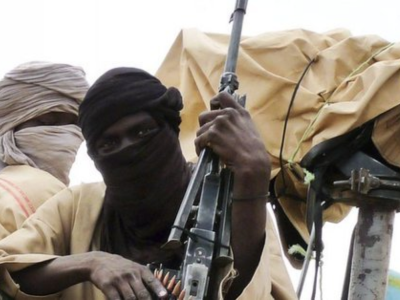





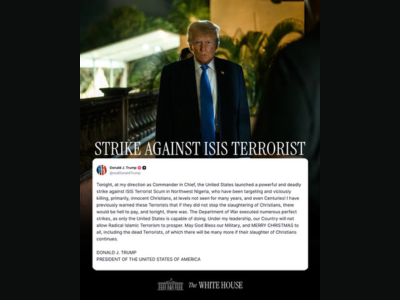

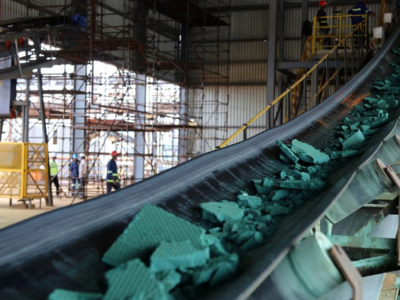
0 Comment(s)